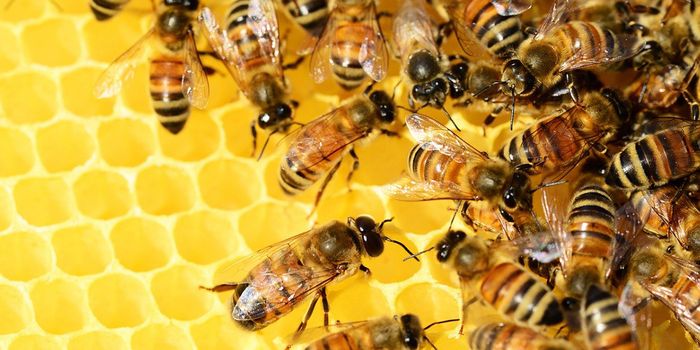Even though single-celled organisms don’t possess anything that is even remotely like a nervous system, they do seem to have a way to communicate with one another. The members of a microbial community can interact with neighbors by releasing chemicals that act as a signal. They also have a way to store a type of memory of an event.
Those 'memories' help microbes survive future challenges they might experience, helping them to survive longer. That process may also enable some pathogens to escape the effects of antibiotics, which presents a problem for human health. It’s important for us to learn more about how these microbial memories form. It’s been shown, for example, that when bacteria are exposed to low doses of antibiotics, it can help them to survive a future encounter with the drug. Learn more about why scientists think that may happen from the video.








